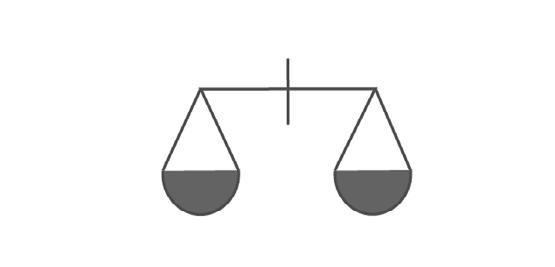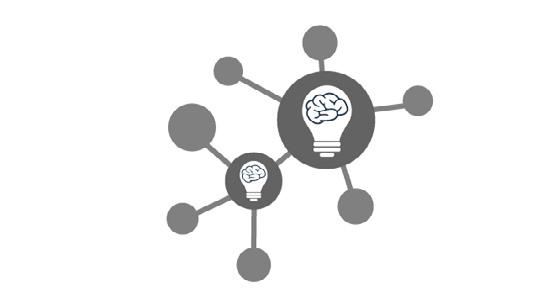
2 minute read
Values
Values
What are the values that lie in our vision? How are they related to the aforementioned issues?
Advertisement
Climate adaptation
Socio-Ecological Resilience

Biodiversity conservation Healthy cities

Multiple values based on the vision are formulated. These include; the ecological values which revitalise and integrate natural and human systems; economic values which focus on preventing the exploitation of the region for the benefits of a few and giving new opportunities to people to evolve and adapt to uncertainties; and finally, the social values that aim to create safer living conditions, healthier lifestyles and equal opportunities and access. Rapid urbanisation has contributed to a loss of biodiversity in the GBA. It is caused mainly by the creation of hard flood protection systems, conversion of land for industrial and residential purposes. Biodiversity plays a crucial role in maintaining healthy ecosystems. It influences the resilience of the environment and increases their ability to withstand the disturbances caused by environmental hazards and climate change. Substantial areas of GBA are low-lying and are under sea level with a threat of flooding. Hard engineering systems were introduced to protect the vulnerable edges from rising sea levels, leading to problems such as air and water pollution or ground subsidence. Nature-based systems should be adopted as solutions to the changing climate and maintain resilience. They provide ways to purify water, clean soil and air (ASLA, 2018).

Well-being of people
The territory of the air refers to the well-being of the people and also their quality of life. The point of access to natural resources raises issues about the impact of this lack of accessibility on environmental degradation. When viewing environmental distress and poverty together, the major conclusion to be drawn is that the consequences of environmental deterioration fall heaviest on the poor (Cuentro et al.,1990). The new framework should include their
Socio-Economic Resilience

Socio-spatial justice
needs in the planning strategies. It has to address the relationships between healthy cities and well being of people. Existing inequalities within society have far-reaching consequences. Rural areas with poorer access to education and culture as well as urban areas with limited access to nature have a strong impact on people’s well-being. There are gaps in the income, even within the agricultural society. It is crucial for the improvement of quality of life to provide Knowledge economy

just distribution of resources spatially and among different social groups. Bridging the knowledge gap that is prevalent in the area is one of the few ways to create new opportunities that would facilitate a better quality of life for the vulnerable communities. Developing a knowledge economy gives a great potential to boost prosperity and at the same time diversify the national economy, therefore make it more resilient to economic crises.






